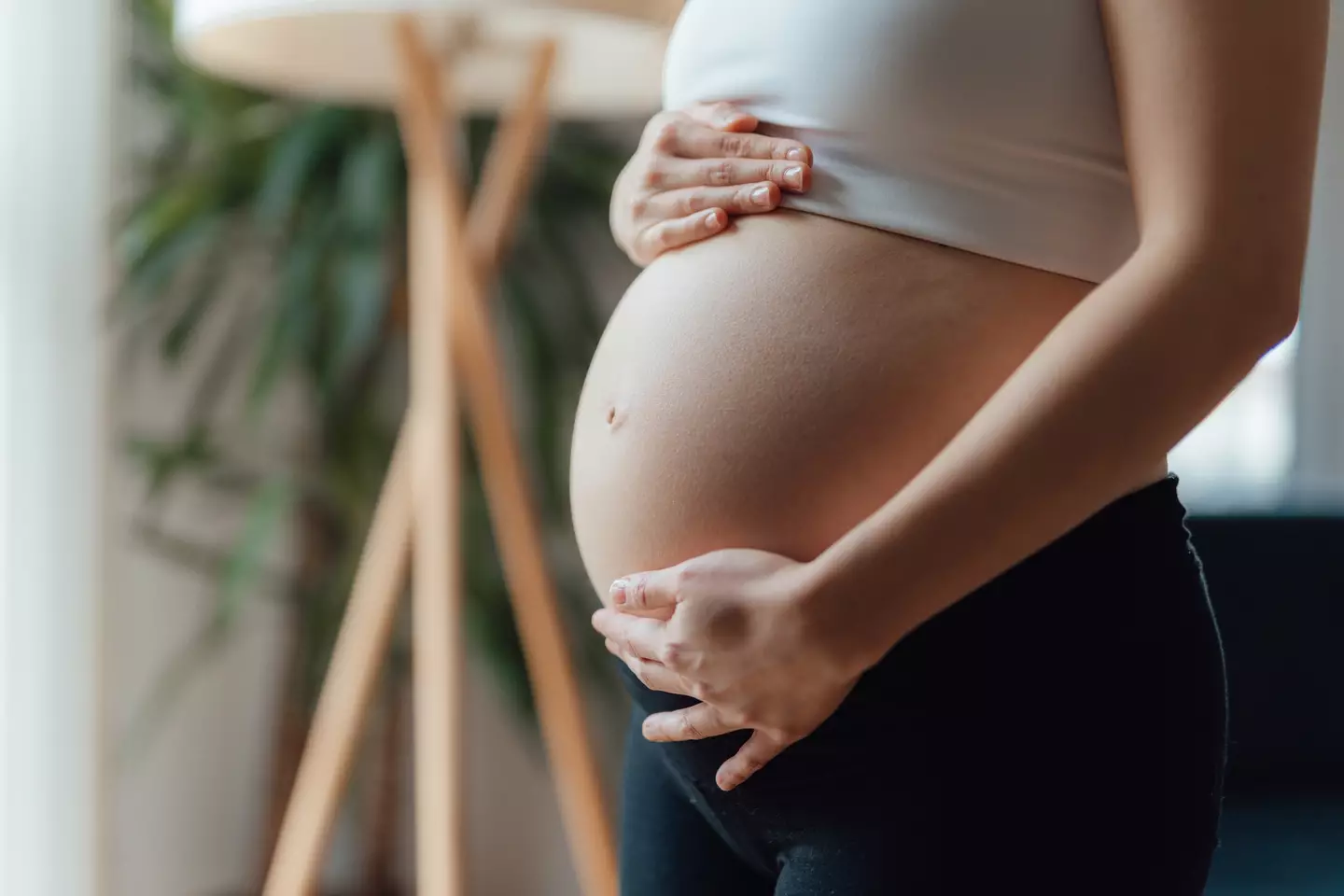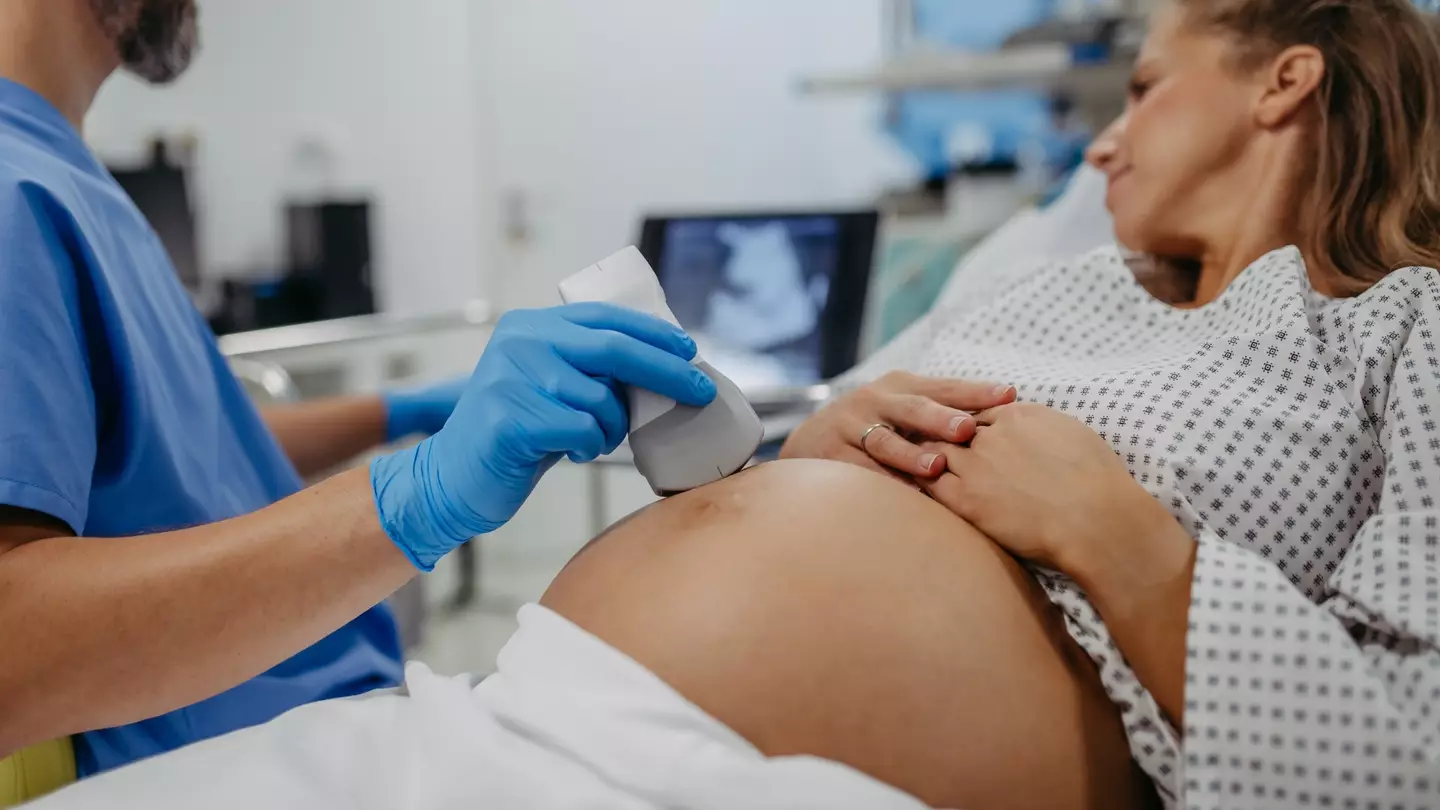A remarkable event involving an iguana has ignited discussions about the potential for women to conceive without male involvement. At the Exotic Zoo in Shropshire, UK, zookeepers were astonished to discover that a female iguana had given birth despite never being in contact with a male. The iguana produced eight healthy hatchlings, which are said to be identical clones of their mother.
Scott Adams, the director of the zoo, shared his thoughts with Sky News regarding these extraordinary births. He remarked, “It’s been a cool experience for us. This is like nature doing it for itself.”
Adams further described the births as “one of the rarest events in the animal kingdom,” noting the shock when they realized the eggs were fertile without male interaction. He added, “These babies are essentially mini-mom clones, and seeing them thrive is incredible. For us, it’s a powerful reminder that life finds a way in the most unexpected circumstances.”
He referred to the phenomenon as an instance of ‘self-conservation.’
Such occurrences, known as parthenogenesis or ‘virgin births,’ are rare but have been documented in species like sharks, stick insects, and crocodiles, according to LiveScience.
Following the events at Telford’s Exotic Zoo, experts have speculated on the possibility of humans experiencing ‘virgin births.’ Dr. Louise Gentle, a lecturer in zoology at Nottingham Trent University, mentioned it as being ‘technically possible.’
“There have been some studies in laboratories that have produced parthenogenic embryos in mammals, but these have involved genetic modification,” Dr. Gentle explained to the Mail Online.

She elaborated, “To get parthenogenesis in humans, you would need to have individuals with the same chance mutations (there would have to be many mutations) breeding together. It’s an extremely long shot, with a tiny probability, but it is technically possible.”
Tiago Campos Pereira, a professor of genetics at the University of São Paulo in Brazil, also shared his insights. He explained that while humans have biological barriers preventing parthenogenesis, genetic mutations could potentially alter this makeup.
Pereira stated, “Therefore, in theory, all those barriers might be overcome by a set of specific mutations in the genes responsible for those barriers. If a woman happened to have all those specific mutations by chance, perhaps she could have a virgin birth.”

